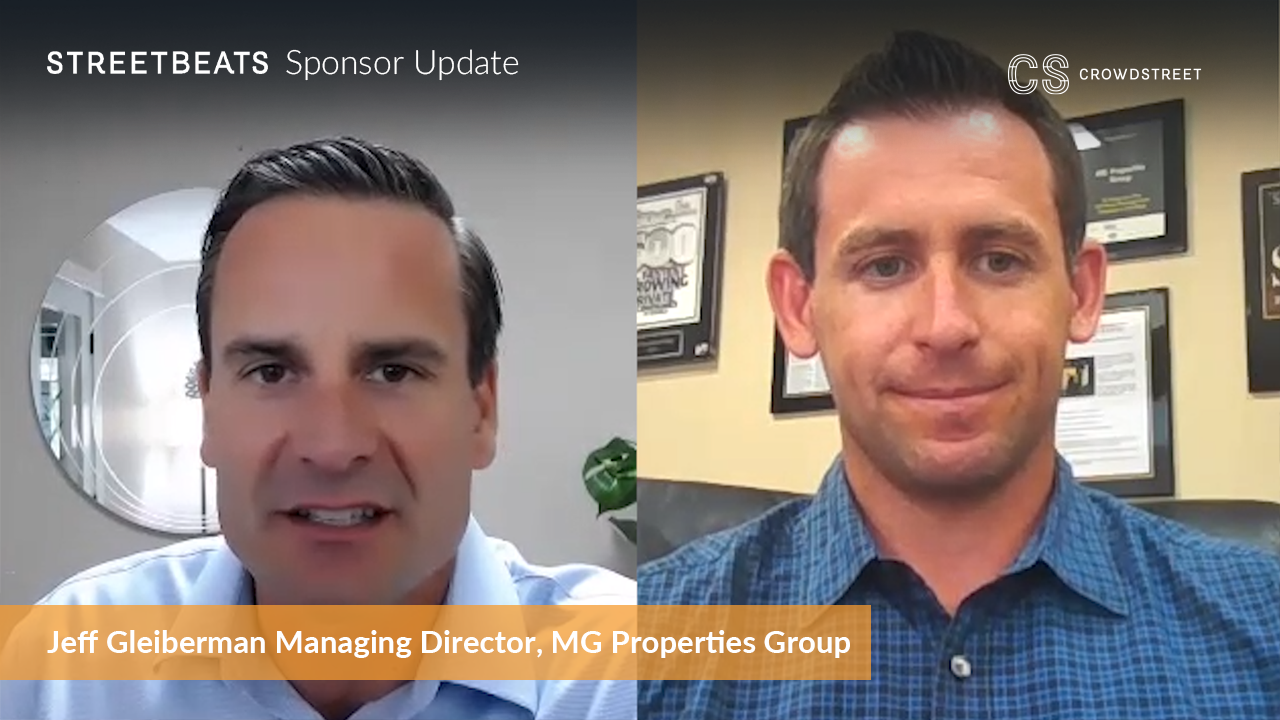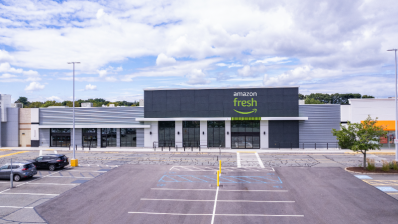
Crowd Street's Darren Powderly is joined by Jeff Gleiberman, Managing Director at MG Properties Group, to discuss how the apartment sector is holding up, how mass migration patterns are impacting occupancy rates, and how the CDC's eviction moratorium could impact apartment landlords.
